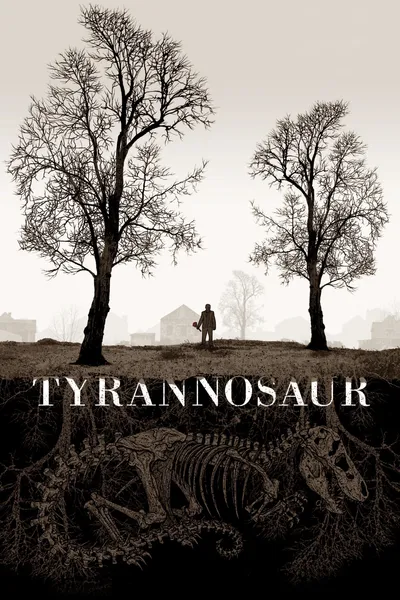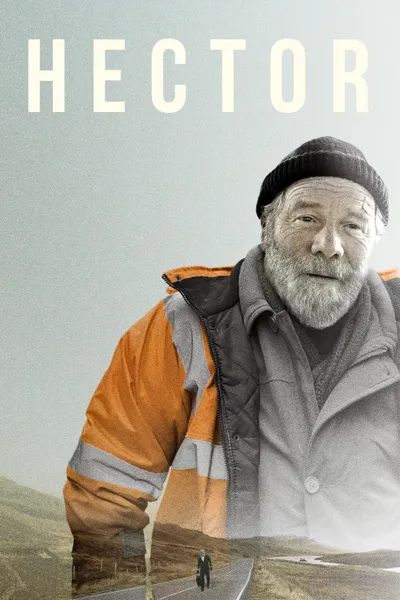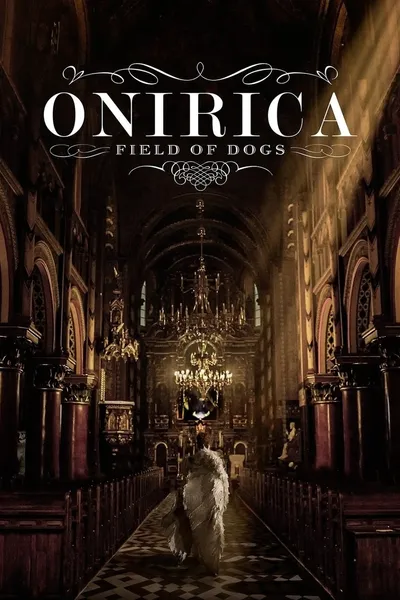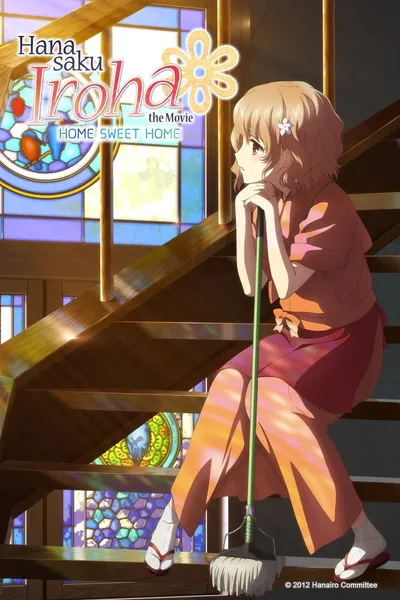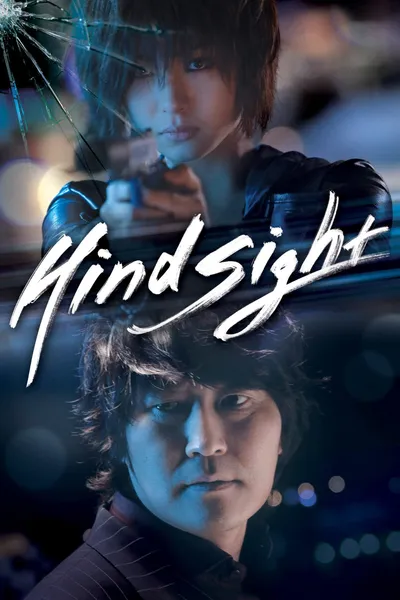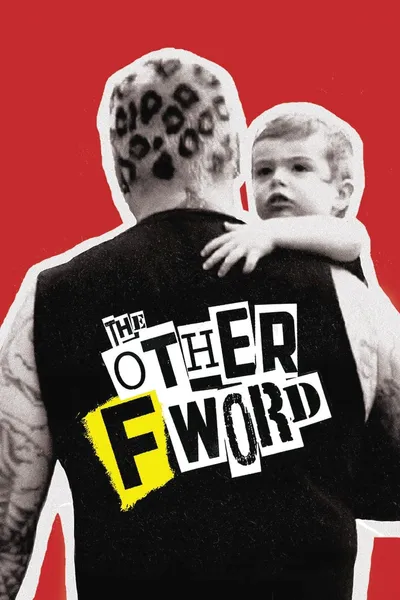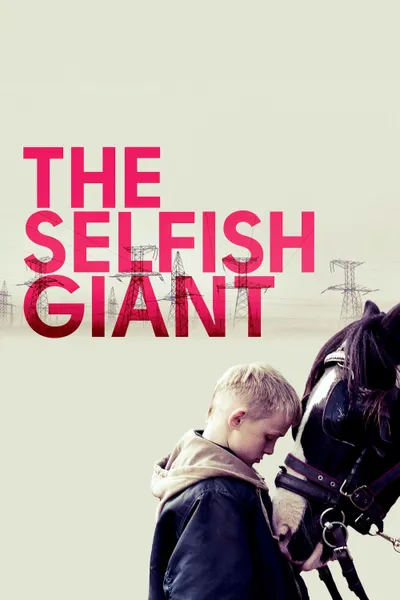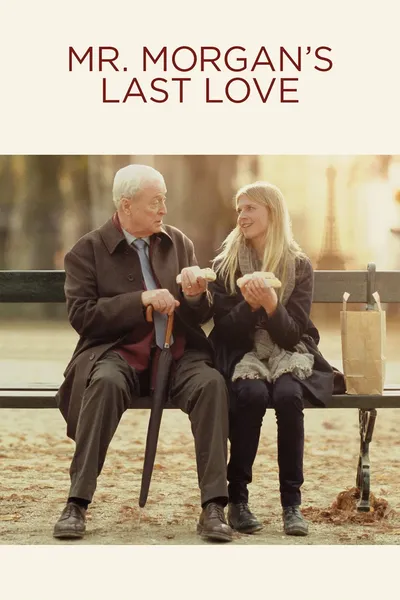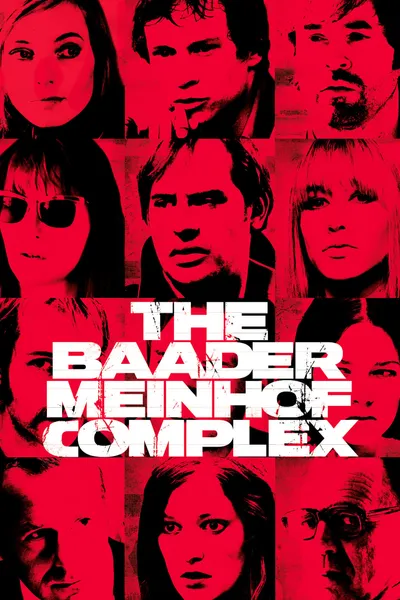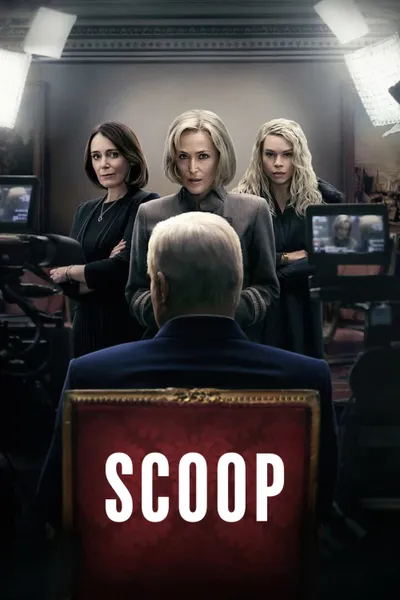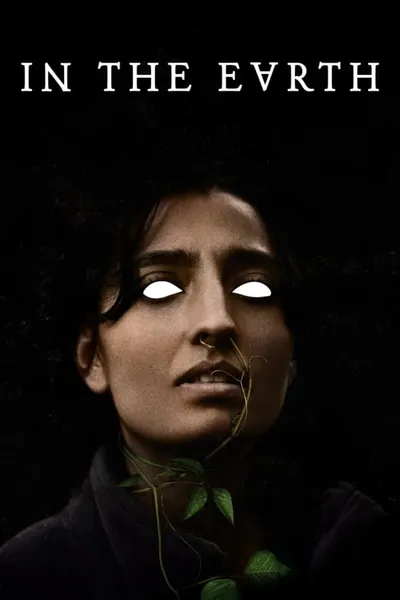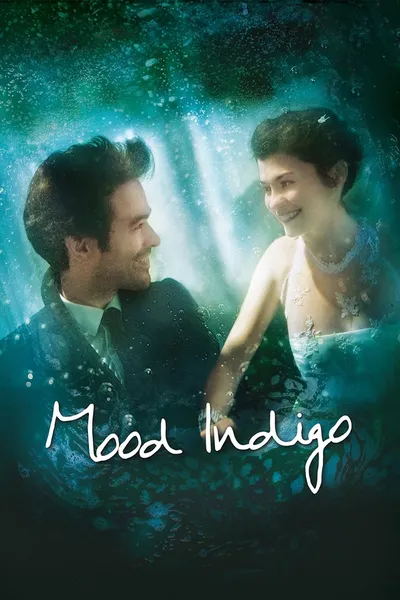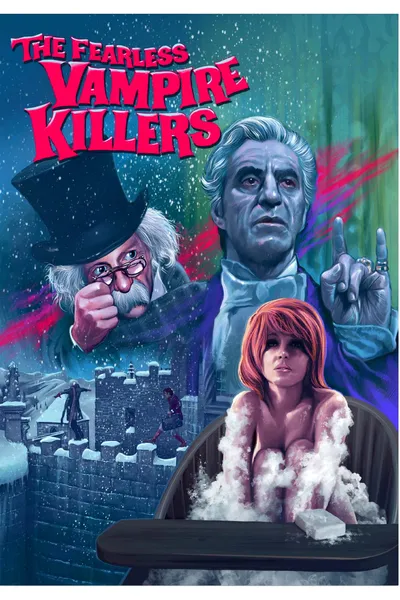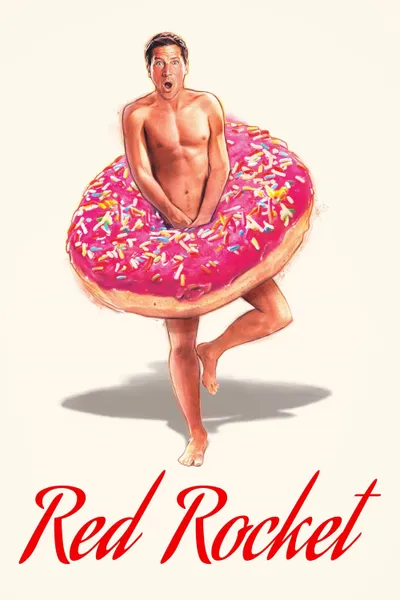Reviews


The Movie Diorama
January 16, 20208.0
Tyrannosaur harnesses predatory aggression in the pursuit of redemption. Abhorrence. Resentment. Vehemence. The Tyrannosaurus Rex was supposedly both apex predator and pure scavenger, a creature with vastly powerful jaws that vanquished the innocence of flora and fauna. Considine’s directorial debut depicts the uncompromising wake of destructive behaviour. The hollow remains of melancholic shells, optimistic perspectives absorbed by choleric tendencies of begrudged souls. The bitterness of tainted realities corrupting the individuals who follow faith. Samaritans. The helpful aiding the helpless. A religious follower, Hannah, working at a charity shop, offering solace to a detestable man, Joseph.
A racist. An antisocial behaviourist. A wounded individual, dejected from life, extending revulsion upon the masses. Drunkenly murdering his pooch. Whilst the early demise of his wife acts as a catalyst for his abhorrent tolerance, Considine delicately infers various strands that trigger his enragement. Bipolar disorder. Schizophrenia. Other psychological diagnostics as a result of his vehement solidarity. Never addressing these, only inferring, the visual snaps within Mullan’s guttural performance provide hints to his character’s psychosis.
This is a man who has nothing left to live for. A disorderly soul who numbingly drowns his sorrows with booze. Resented by family and society. So when Hannah graciously opens her arms to his wounded personality, his temperament is momentarily suspended. The warm embrace of a higher being. The touch of God. Whilst not viscerally displaying signs of tranquility, verbally slating faith and stating “God Still thinks he’s God”, his first encounter of benevolence alters his behaviour. He repeatedly returns to the charity shop that she works at. A chance for redemption. But Joseph isn’t the only injured soul.
Hannah resides in an abusive relationship. Slapped. Punched. Urinated on. Sexually assaulted. Her voice suppressed by the overwhelming power of man, only relying on religion to guide her morality. Colman may play the victim role in this unflinching drama, but her character comparatively challenged Joseph’s personality. See, they both are the same. Like the eponymous extinct creature, they destroy. Both the surrounding metaphysical environment, and themselves. Testing the boundaries of their capabilities and thresholds for personal resentment. “An animal can only take so much punishment and humiliation before it snaps”. A resonant line that boisterously sums up the entirety of living nature itself.
Considine, for the hour and a half runtime, produces an unrelenting drama that will drain your emotionality. When the credits roll, you will feel nothing. And that’s the point. Through all the anger-induced destruction and tonal annihilation, the only remnants that remain are nothing. Just the void of two similar individuals seeking redemption from their wounded realities. Colman electrifies with her balance of fragility and yearn for happiness. The instant switch from tranquil to tempered was unparalleled. Pain and fear hiding beneath her false exterior. It was sensational. Mullan complementing her physical instability by giving a resounding central performance. Terrifyingly exceptional. Marsan also, as the abusive husband, horrifying audiences with an incredibly realistic portrayal.
Irrefutably, without a doubt, one of the most difficult watches of the decade. And whilst certain elements could’ve been removed or refined, the soundtrack failed to enhance the drama and the conclusion needed more time to simmer, Considine has undoubtedly crafted an encapsulating drama riddled in brutality and self-destruction. There is no message. No theme. Just the portrayal of hurt. Hatred incarnate. Two opposing personalities, tainting each other to produce an equilibrium of natural predatory nihilism.

CinemaSerf
April 10, 20247.0
"Joseph" (Peter Mullen) has just buried his dog in his garden on a council estate where many of his fellow residents are like him - angry, violent and full of despair. After being beaten up on the street, he takes refuge in a nearby charity shop where he befriends the lady who works there. "Hannah" (Olivia Colman) is a woman of deep Christian faith who sees good in everyone and when he begins to visit regularly, the two begin to bond a little. What he doesn't know, but we do, is that she is married to "James" (Eddie Marsan) and he's a nasty piece of work. His discovery of this quite shocking news brings both of them to fairly startling realisations that lead both to differing forms of quite drastic action. Mullen isn't exactly versatile, he usually plays the hard man - and he plays that role well here, but he also allows his character to be tempered by Colman who's persona takes a parabola in the opposite direction. Paddy Considine largely lets the two of them get on with it with only the occasional intervention from the rather unconvincing, it has to be said, Marsan to break up the duopoly. The dialogue is ripe and authentic, and the whole thing is structured so as to present the middle of their story. We know what has happened, what is happening but not what's next...? It packs quite punch, this, and wasn't what I was expecting. Give it a go - you won't be disappointed.
Recommendation Movies
Hector2015
Field of Dogs2014
My Joy2010
Afghan Luke2011
Angel2018
Hanasaku Iroha the Movie: Home Sweet Home2013
Hindsight2011
The Other F Word2011
The Selfish Giant2013
Boy A2007
Kitchen Brigade2022
Mr. Morgan's Last Love2013
Best in Show2000
The Baader Meinhof Complex2008
Scoop2024
Minuscule: Valley of the Lost Ants2013
In the Earth2021
Mood Indigo2013
The Fearless Vampire Killers1967
Red Rocket2021
© 2025 MoovieTime. All rights reserved.Made with Nuxt
